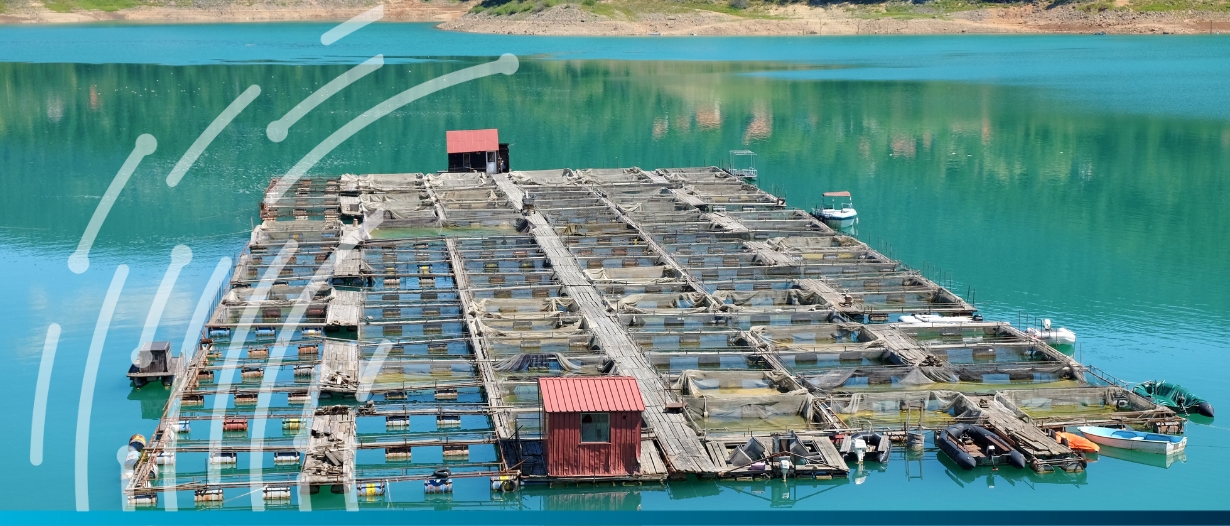On 16 May, the United Arab Emirates (UAE) became the seventh WTO member to sign the instrument of acceptance for the Agreement on Fisheries Subsidies. UAE Ambassador Ahmed Adbulrahman Al Jarman represented the government, handing the acceptance to Director-General Ngozi Okonjo-Iweala.
DG Okonjo-Iweala said, “I am grateful for the United Arab Emirates’ formal acceptance of the Agreement on Fisheries Subsidies. As host of the upcoming 13th Ministerial Conference to be held in February 2024, and with its affirmation of this historic agreement for healthier oceans, the UAE is providing invaluable support for the work of the WTO and its continuing efforts to ensure the multilateral trading system contributes to sustainable development.”
Ambassador Al Jarman said, “The United Arab Emirates is proud and honoured to be one of the early member countries to join the international efforts to curb illegal, unreported and unregulated fishing. Aware of the harmful impact of overfishing and overcapacity and the urgent need to protect oceans from the widespread depletion of the world’s fish stocks, the UAE has formally accepted this long-awaited and historical Agreement on Fisheries Subsidies.”
“The UAE attaches great importance to environmental sustainability, as we are preparing to host two landmark events: the 28th session of the Conference of the Parties (COP28) to the UNFCCC (United Nations Framework Convention on Climate Change, 30 November – 12 December 2023) and the 13th Ministerial Conference of the WTO, end of February 2024. In this regard, we expect a meaningful outcome on trade and sustainability in Abu Dhabi; we, therefore, call other countries to deposit their instruments of acceptance so as to reach two-thirds of the membership, for the benefit of humanity,” he said.
The Agreement on Fisheries Subsidies was unanimously adopted during the 12th Ministerial Conference (MC12) of the WTO, which took place in Geneva from June 12th to 17th, 2022. This landmark agreement introduces enforceable and inclusive regulations to address the detrimental impact of subsidies on global fish stocks, which have been rapidly declining. Moreover, it acknowledges the specific requirements of developing nations and least-developed countries (LDCs) by establishing a dedicated fund that offers technical support and capacity building to aid in fulfilling their obligations under the agreement.
In an effort to address the challenges of illegal, unreported, and unregulated (IUU) fishing, the agreement firmly prohibits any form of support for such activities. Additionally, it takes a decisive step by banning support for fishing in overfished stocks and putting an end to subsidies for fishing in the unregulated high seas.
Recognising the importance of ongoing collaboration, members of the agreement have committed to continue negotiations on unresolved matters. These discussions aim to provide recommendations during the forthcoming MC13, scheduled to take place in February 2024 in Abu Dhabi, United Arab Emirates. The objective is to introduce additional provisions that will further strengthen the disciplines and effectiveness of the agreement.
 Australia
Australia Hong Kong
Hong Kong Japan
Japan Singapore
Singapore United Arab Emirates
United Arab Emirates United States
United States France
France Germany
Germany Ireland
Ireland Netherlands
Netherlands United Kingdom
United Kingdom










Comments are closed.